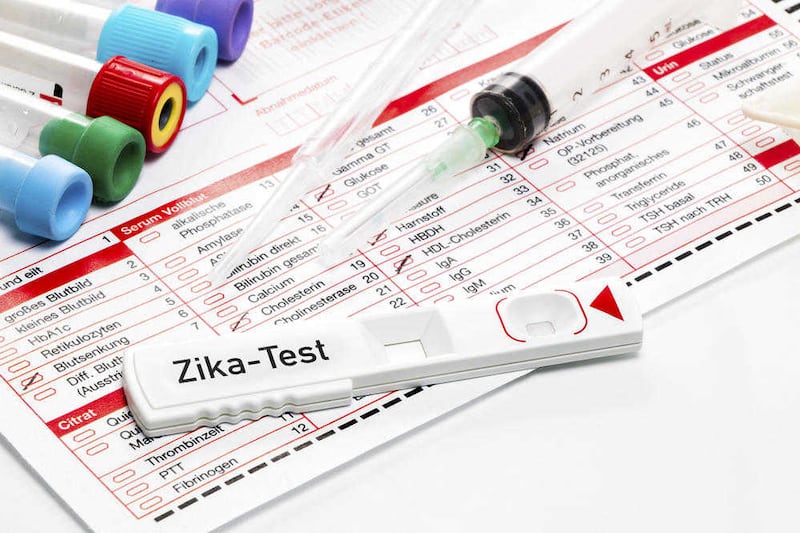PREGNANT women and those trying for a baby have been warned to "think twice" about travelling to certain parts of the US - including Disney World in Florida due to the spread of the Zika virus.
Mothers and mums-to-be are already advised not to attend the Olympic Games in Rio, after the prevalence of the infection in Brazil caused an alert to be issued.
The World Health Organisation this weekend rejected calls from 150 of the world's leading scientists to reschedule the Olympics because of the ongoing threat from the virus.
The majority of those infected with Zika will have no symptoms, but it can cause a mild symptoms including rash, fever and headache.
But serious complications include microcephaly, where babies are born with abnormally small heads due to the fact their brains have not developed properly.
On Sunday, leading health experts warned that, as the temperature rises in popular holiday destinations in the next few months, those most at risk should consider their travel plans.
Professor Jimmy Whitworth, from the London School of Hygiene and Tropical Medicine, said while he does not consider there to be a risk from travelling to Disney World in Florida now, there could be later in the summer.
He told the `Mail on Sunday' women who are pregnant or hoping to get pregnant "need to consider their plans and, if there is an alternative to going to those parts of the US, strongly consider it".
"They should think twice and seek up-to-date expert advice," he said.
Professor Jeremy Farrar, director of the Wellcome Trust, said the numbers travelling to and from Brazil for the Olympic Games "is likely to account for about 0.25 per cent of world travel".
"Mosquitoes in August are not nearly so active in Brazil as at other times of the year. Risks are therefore reduced," he said.








